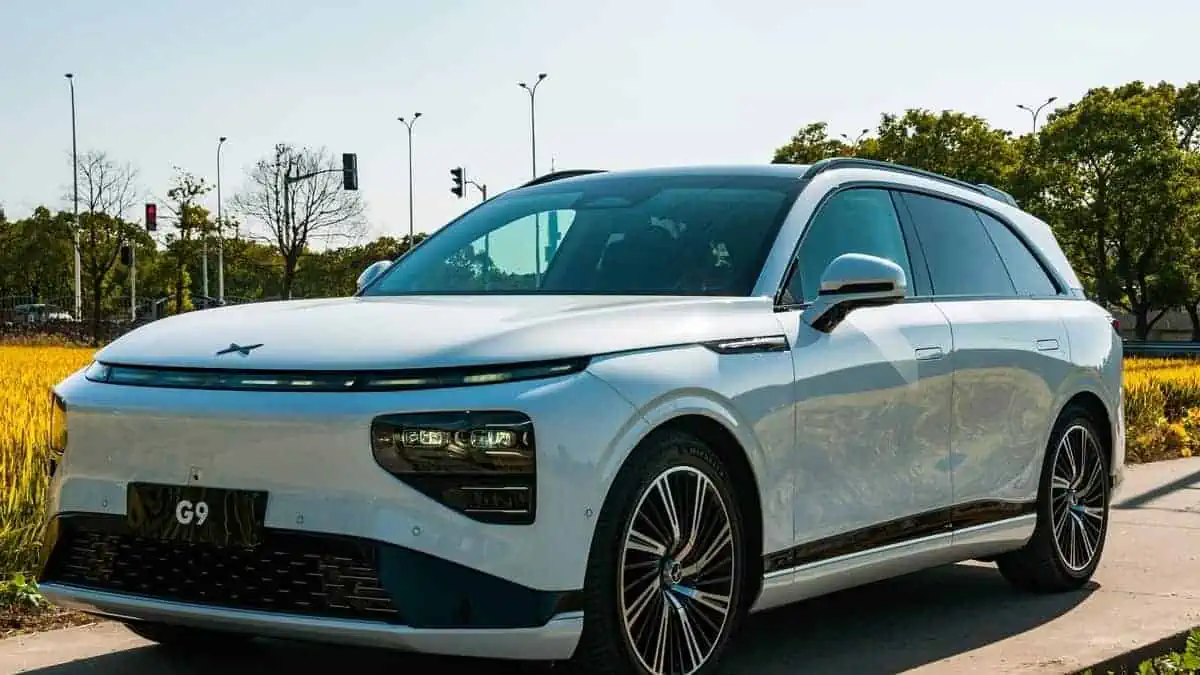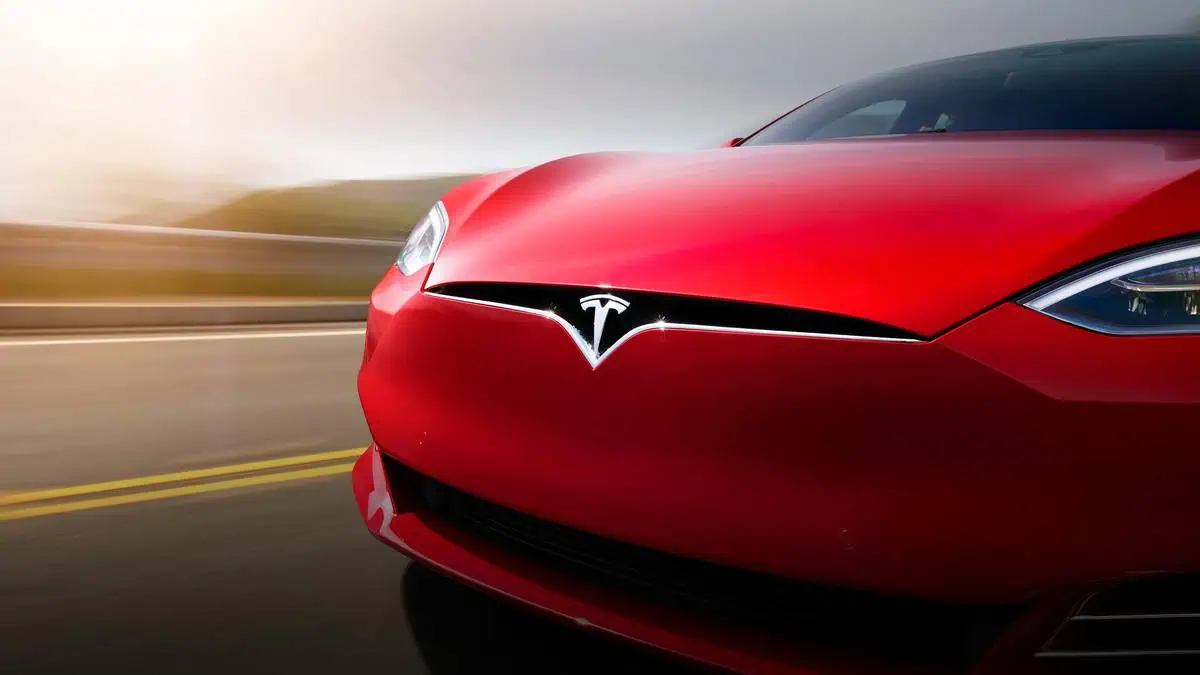Chinese carmaker Xpeng aims to launch three models next year as it scales up the development of new models to make up the ground lost to Covid-19 lockdowns this year, as per South China Morning Post.
The Guangzhou-based carmaker will release an upgraded version of its bestselling P7 saloon, a mid-sized SUV and a minivan, or multipurpose vehicle, according to two sources familiar with its plans. This year, the company unveiled just one model, the G9 premium SUV.
The plan to develop and manufacture new cars amidst intensified competition follows after a strained supply chain caused the automaker to suffer production losses in the last months.
The sources said that the upgraded P7 and the mid-size SUV designed to take on Tesla’s famous Model Y will be ready for customer delivery in 2023, though the MPV may take longer.
Alongside NIO and Li Auto, Xpeng is seen as China’s best response to Texas-based EV maker Tesla in the world’s largest electric vehicle market.
However, a strained supply chain due to Beijing’s zero-Covid strategy during a resurgence in Covid-19 cases in Guangzhou prevented the company from assembling and delivering sufficient vehicles to consumers.
In addition, a broken logistics network during the Covid-19 outbreak forced the brand to suspend work at its regional delivery centers temporarily, says the company’s president Brian Gu.
Gu added that around 10,000 vehicles could be delivered this month, restoring Xpeng to production levels before the outbreak in Guangzhou. In the southern province of Guangdong, the city recorded over 150,000 infections between October and November.
Xpeng can target different drivers with more models. But an expanded portfolio [of vehicles] might also dilute its image as a premium EV maker.
Chen Jinzhu, chief executive of Shanghai Mingliang Auto Service
In May, co-founder and CEO of Xpeng, He Xiaopeng, told an earnings results briefing that car prices would range from RMB 150,000 to RMB 400,000 ($21,484-$57,291).
Furthermore, the attempt to build a minivan reflects the company’s ambitions of challenging established carmakers like General Motors.
In 2021, some 1.08 million multipurpose vehicles (MPVs) were sold in China, down 1% from 2020. The overall automotive sector reported a 4.4% growth in sales.
Although MPV is not a fast-growing segment in China, premium minivans are famous among wealthy families with two or more children.
On the other hand, GM’s Buick GL8, the bestselling premium minivan on the mainland, recorded sales of 161,308 units last year, up 2.9%.
The GL8 is priced from RMB 232,900 to RMB 329,900 ($33,357-$47,250).
Chinese sales of new-energy vehicles (NEVs) are expected to top 6 million units in 2022, double the number sold last year, according to the China Passenger Car Association.
The market will likely continue to grow next year but at a slower pace as Beijing scraps cash subsidies granted to NEV buyers.
China has primarily abandoned its zero-Covid strategy, recently issuing a 10-point set of guidelines to relax pandemic curbs like health codes, mass testing, and centralized quarantine requirements for most cases.






